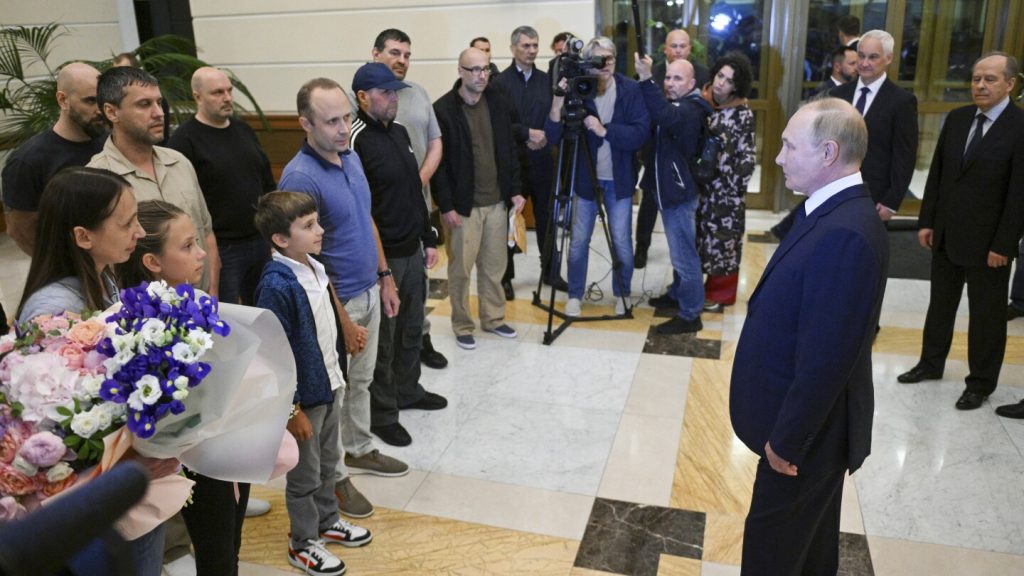The trial of Russian citizen Mikhail Mikushin, who was arrested in Norway in 2022 on espionage charges, is unlikely to proceed following his release as part of a recent prisoner swap between Russia and the United States. Mikushin was set to stand trial in September but became part of the largest East-West civilian prisoner swap in post-Soviet history. As a result, Norwegian prosecutors have stated that no charges will be brought against him, as it is no longer in the public interest since he is no longer in the country. However, the final decision lies with Norway’s director of public prosecutions.
Mikushin had entered Norway under a false identity in late 2021, claiming to be a Brazilian citizen named Jose Assis Giammaria. He was apprehended and eventually revealed his true identity to Norway’s domestic security agency, PST, which believed he posed a threat to national interests. Prior to his arrest, Mikushin was a lecturer at the Arctic University of Norway in Tromsoe, where he conducted research on the northern regions and hybrid threats. The university confirmed that no data had been stolen or compromised during his time there. Following the prisoner swap, Mikushin is presumed to be in Russia, with President Vladimir Putin welcoming the returning Russian prisoners upon their arrival in Moscow.
The prisoner exchange involved the release of two dozen individuals, including Mikushin, journalist Evan Gershkovich, American Paul Whelan, and dissidents like Vladimir Kara-Murza. Mikushin, along with others, was freed by Moscow as part of the deal, which was hailed as a significant diplomatic breakthrough in East-West relations. The swap highlighted the ongoing tensions between Russia and Western countries, with the exchange of prisoners seen as a rare moment of cooperation and goodwill between the two sides. The Norwegian government has emphasized that their decision not to pursue charges against Mikushin is based on the broader interests of maintaining diplomatic relations with Russia and promoting peace and stability in the region.
While Mikushin’s trial in Norway may not proceed, questions remain about his alleged espionage activities and the circumstances leading to his arrest. The case has raised concerns about the security implications of foreign nationals operating within Norway and the potential threats they may pose to the country’s national security. The incident has also underscored the challenges faced by authorities in detecting and preventing espionage activities in a globalized world where individuals can easily adopt false identities and engage in covert operations. Moving forward, Norway is likely to review its security protocols and surveillance measures to better protect against potential threats from foreign actors seeking to undermine its national interests.
Despite the resolution of Mikushin’s case through the prisoner swap, the broader issue of espionage and intelligence-gathering activities in the Arctic region remains a significant concern for Norway and other countries in the area. The strategic importance of the Arctic, with its valuable resources and geopolitical significance, makes it a hotspot for international espionage and rivalries among major powers. As such, Norway will need to remain vigilant and proactive in monitoring and countering potential threats to its national security, especially in light of the evolving dynamics of global politics and the increasing competition for influence in the Arctic region. The case of Mikhail Mikushin serves as a reminder of the complex and multifaceted nature of security challenges faced by Norway and other Arctic nations in the 21st century.















